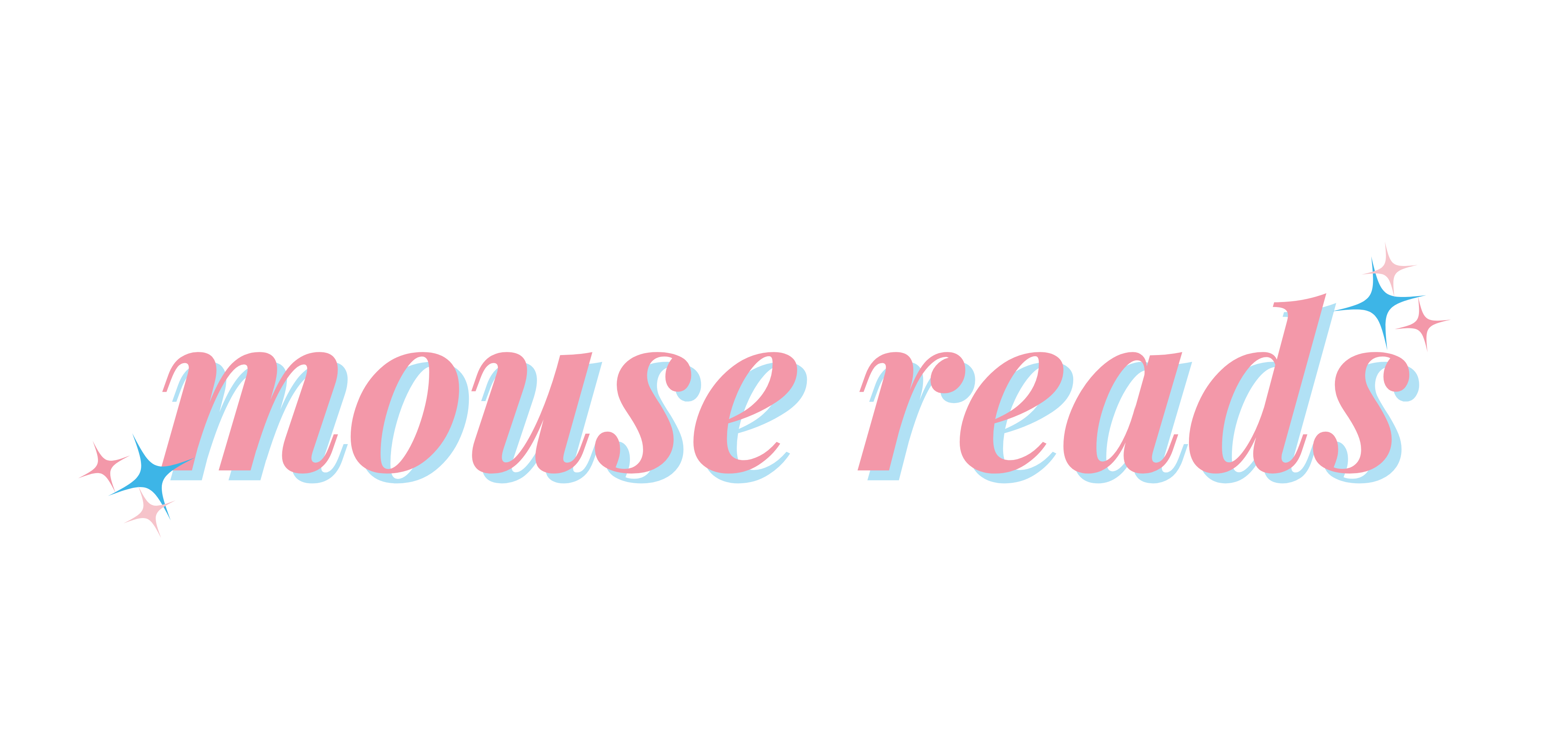Phaedra
Phaedra by Laura Shepperson is a reimagining of a classic greek tale. Phaedra has been sailed across the sea to marry Theseus, and horrors ensue.
All quotes are from an advanced reader copy, and may or many not reflect the published edition.
From Goodreads:
Phaedra has been cast to the side all her life: daughter of an adulteress, sister of a monster, and now unwilling bride to the much-older, power-hungry Theseus. Young, naïve, and idealistic, she has accepted her lot in life, resigned to existing under the sinister weight of Theseus’s control and the constant watchful eye of her handsome stepson Hippolytus.When supposedly pious Hippolytus assaults her, Phaedra’s world is darkened in the face of untouchable, prideful power. In the face of injustice, Phaedra refuses to remain quiet any longer: such an awful truth demands to be brought to light. When Phaedra publicly accuses Hippolytus of rape, she sparks an overdue reckoning.
The men of Athens gather to determine the truth. Meanwhile, the women of the city, who have no vote, are gathering in the shadows. The women know truth is a slippery thing in the hands of men. There are two sides to every story, and theirs has gone unheard. Until now.
Timely, unflinching, and transportive, Laura Shepperson’s Phaedra carves open long-accepted wounds to give voice to one of the most maligned figures of mythology and offers a stunning story of how truth bends under the weight of patriarchy but can be broken open by the force of one woman’s bravery.
AS CAWPILE:
Characters: 2 | Atmosphere: 4 | Writing: 4 | Plot: 1 | Intrigue: 2 | Logic: 8 | Enjoyment: 2
Total: 3.29
It was not until ten summers later, when Theseus was to come to Crete, seeking power beyond what we could give him, that I was to learn the truth: that any man can throw words up into the air, and it is women who must pay when those words land.
Transparently, I did not enjoy this book. The writing failed to create clear differences between each POV. Additionally, there were far too many POV’s to keep up with. Giving various people who have one moment in the entire book both a name and a chapter from their POV wasn’t executed well, and felt confusing and muddled. Many of these characters had nothing unique to them, and it made keeping up with it difficult.
After all, women are capable of far more than lies when they need to be. Medea knows that better than anyone.
I appreciate Greek retellings or reimagining’s, and I’ve read many of them. I can’t speak to the historical accuracy to this book, and only to my own enjoyment. The telling of this story failed to alleviate any of the dark themes or provide anything that was satisfying. The ending was disappointing, and felt somewhat overdone. As though we recognized the popularity of these types of books, and thought we’d give it a go with minimal effort.
I know that history will judge me, but history is written by men. I did not want to be at any man’s mercy, not again.
The last 10% of the book took me ages to get through because I wanted to DNF, but I was so close to done that I didn’t want to just throw all that effort away. I can say it’s at least a quick read, but having to continually check whose POV I was reading got frustrating quickly.
“There is no justice,” I said, not caring who heard me. I remembered the lightning bolt, a symbol I’d thought of a god who would protect us. “There are no gods.” I paused. I repeated it, louder, “There are no gods!” Nothing happened.
Thank you to Netgalley and the Publisher for a copy of this book in exchange for an honest review.







Leave a Comment